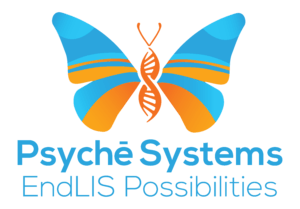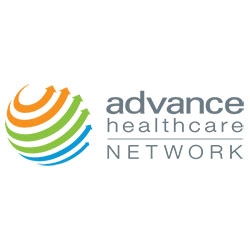Today’s tools are transforming the impact of molecular data on patient and population health.
Molecular and genetic diagnostics have come a long way in a very short time. We can now sequence an individual’s genome in a fraction of the time and cost required only a decade ago. This opens the market reach significantly by providing access to the full view of a patient’s medical history and specific genomic information about the disease to be treated. Physicians can now provide the highest level of personalized care with the highest potential for successful outcomes.
The sad reality is that many of the illnesses to be treated have developed resistance to the go-to treatment options or many sick patients risk drug-drug interactions. The drug-resistant strains of bacteria create treatment challenges for healthcare practitioners all over the world. A possible solution to this problem is the use of advanced genetic methods to determine if a specific organism is resistant to the proposed treatment, allowing physicians to prescribe the treatment that makes the most sense for that particular strain.
In order to provide this kind of tailored treatment, modern genetic techniques including next-generation sequencing (NGS), whole genome sequencing (WGS) and a robust interconnected data repository are employed to assist the physician with diagnosis and treatment options.

